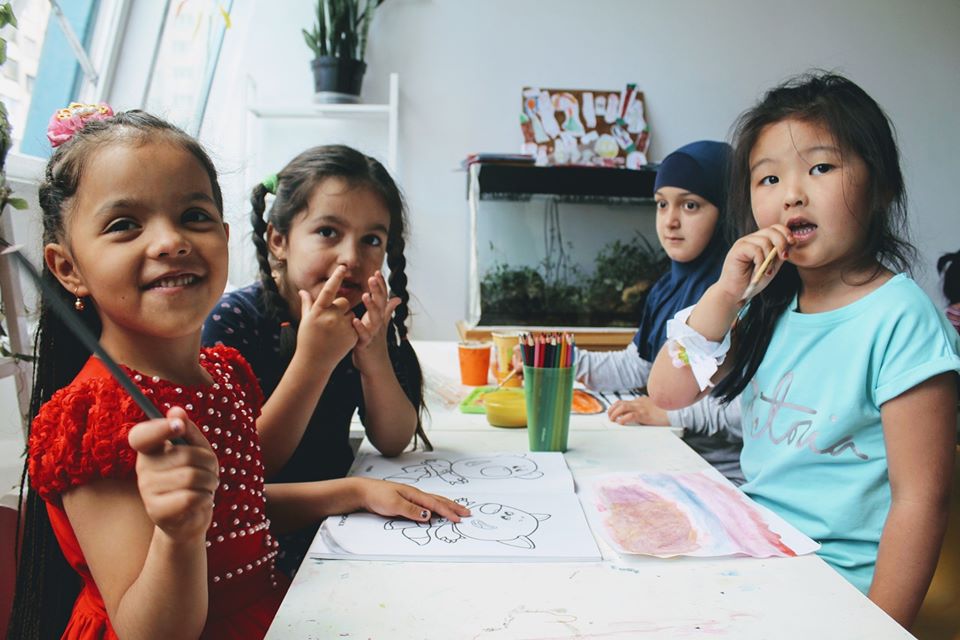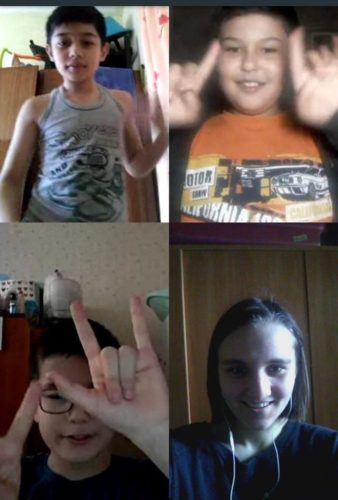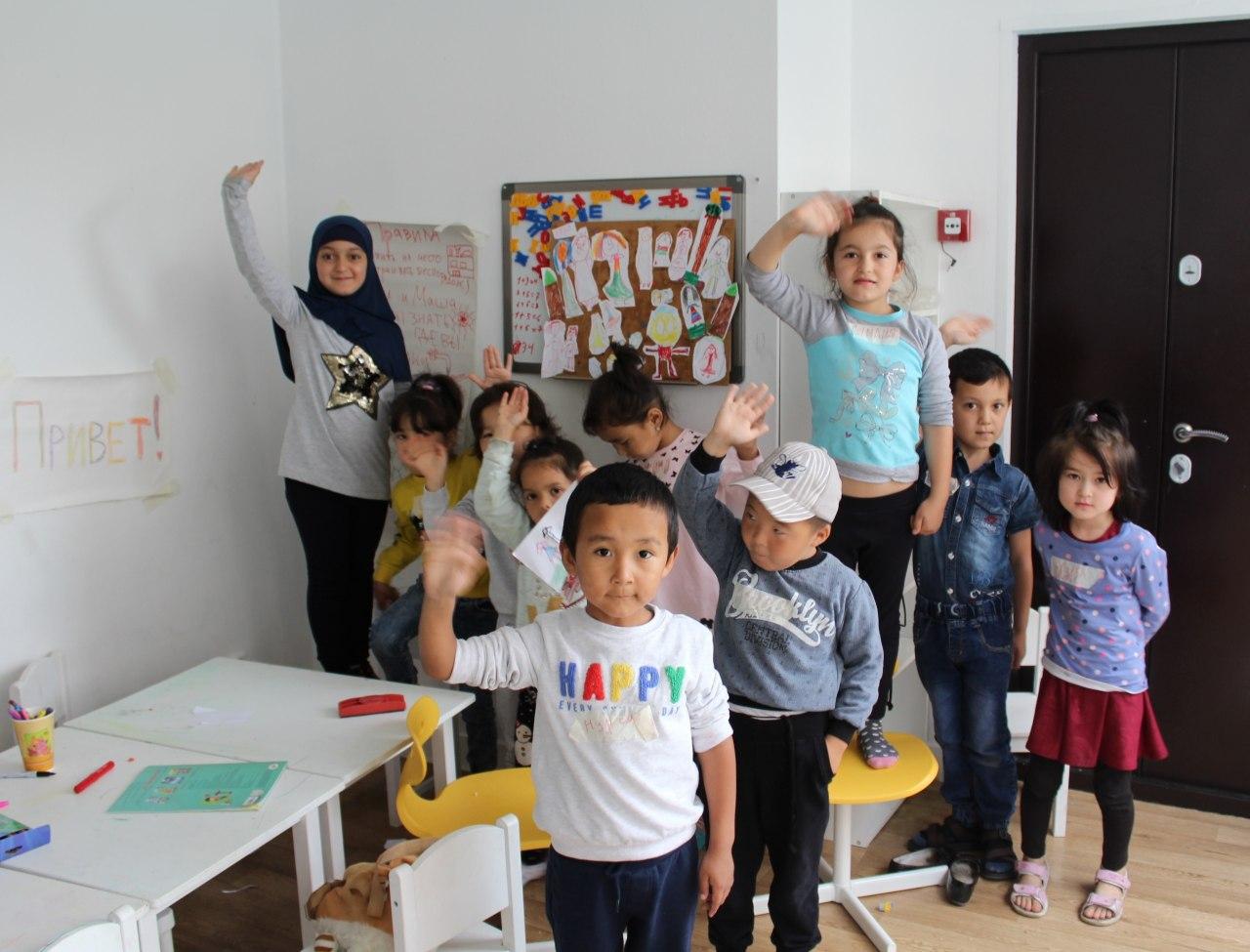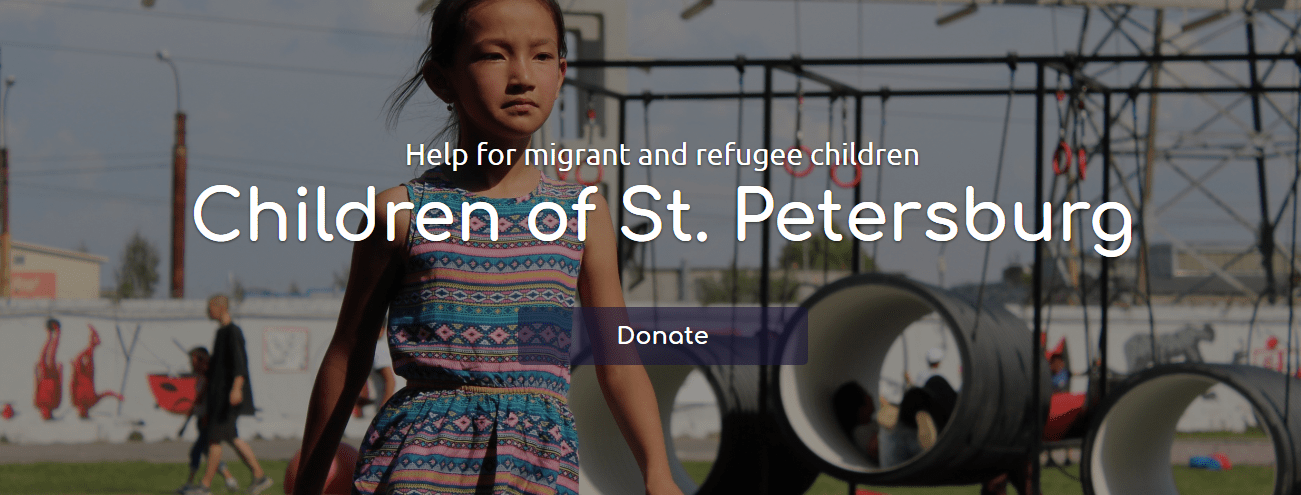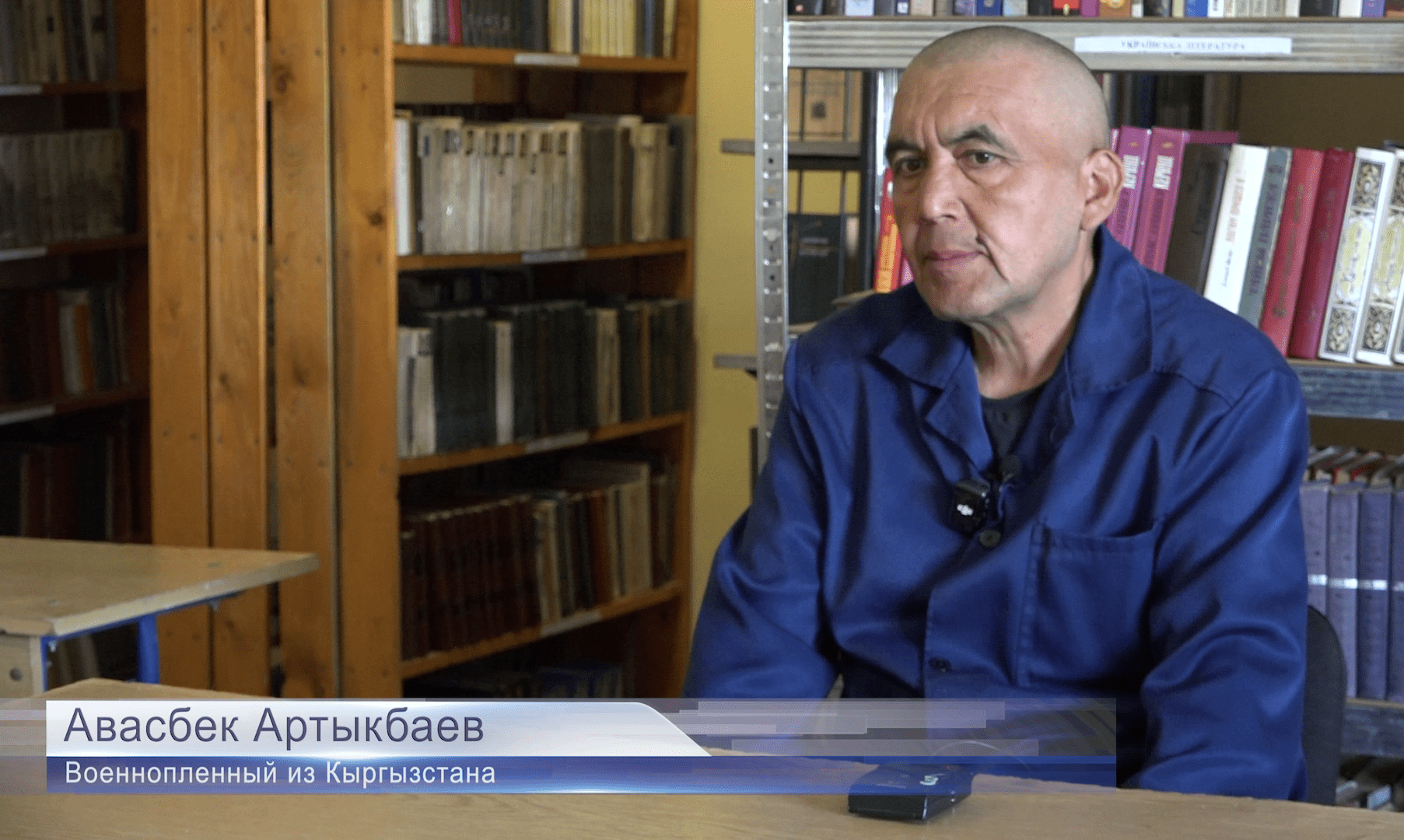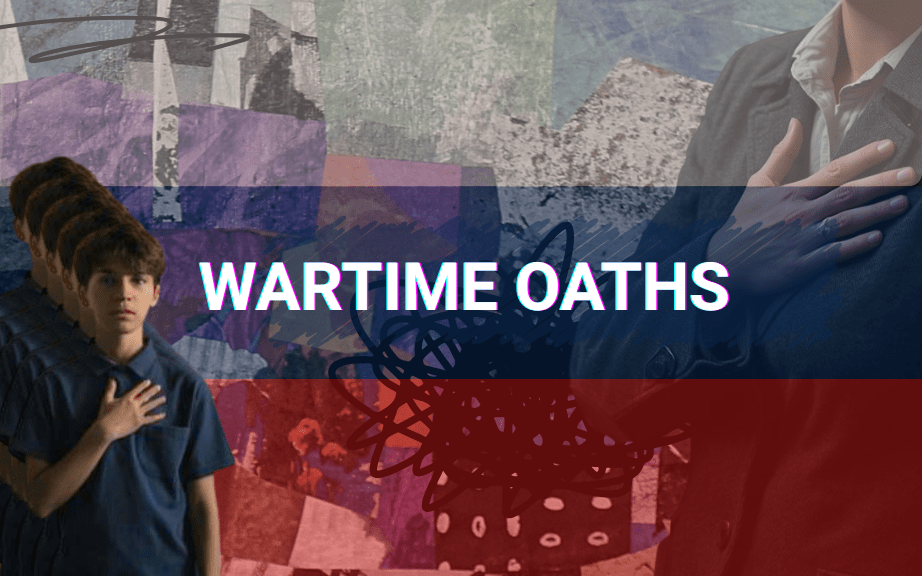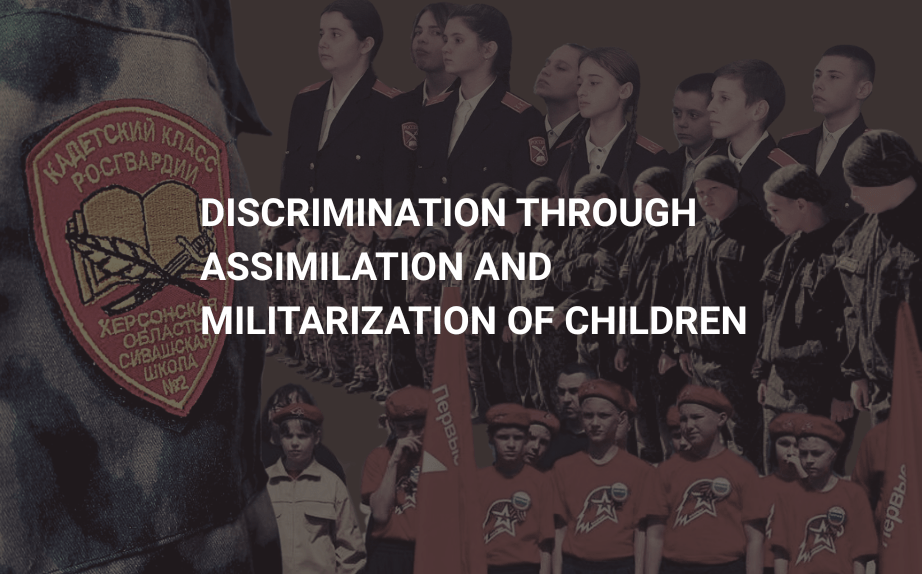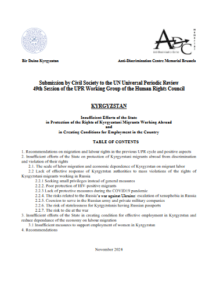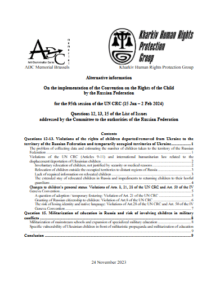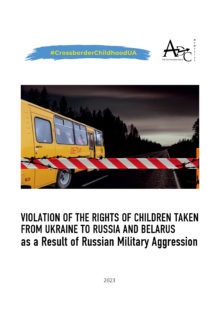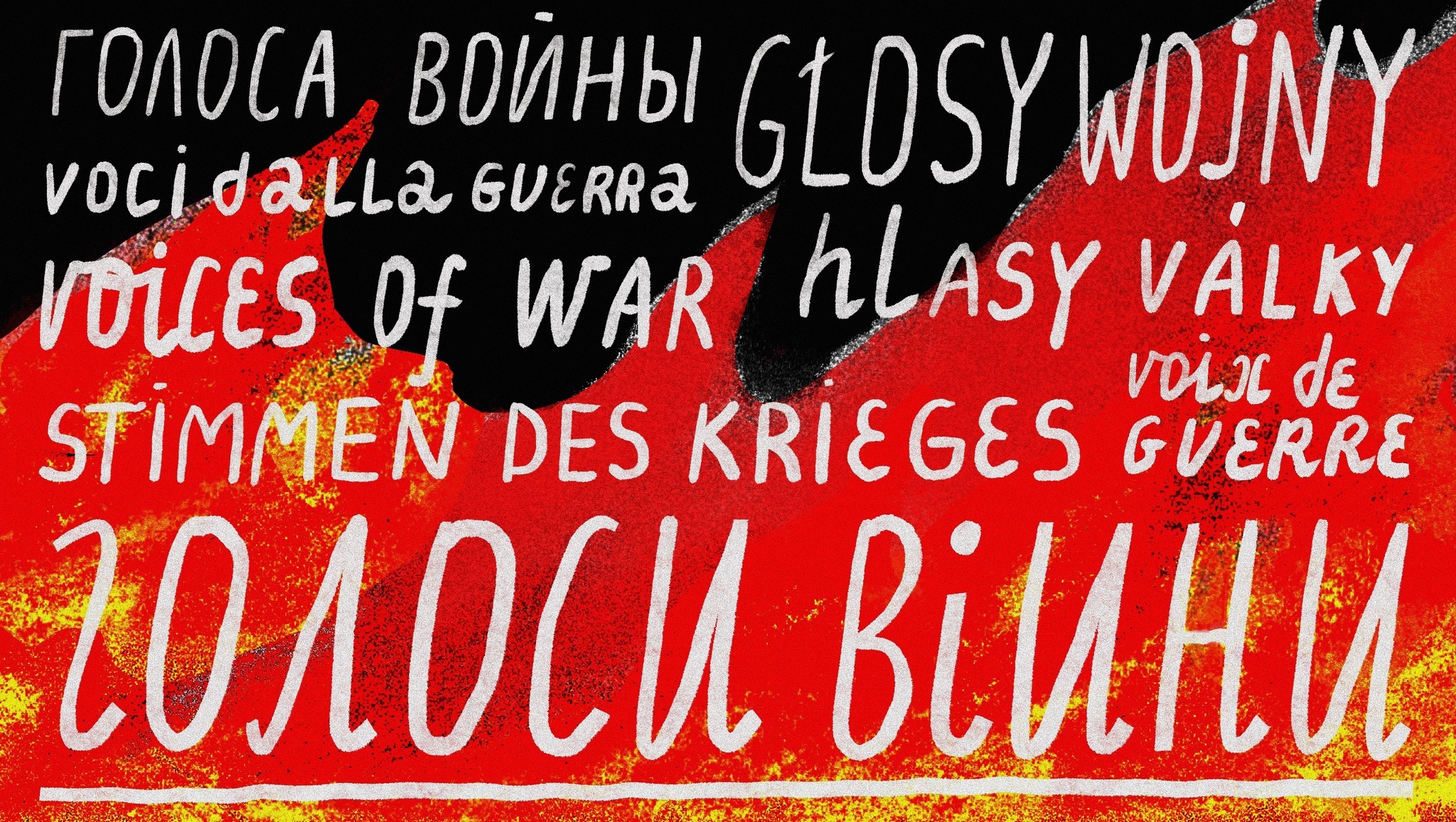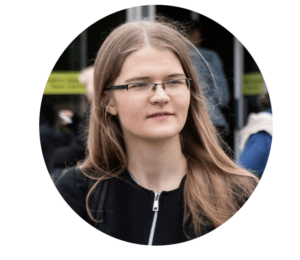 Julia Alimova, coordinator at Children of St. Petersburg:
Julia Alimova, coordinator at Children of St. Petersburg:
Children of St. Petersburg has been helping migrant and refugee children adapt to their new culture and society since 2012. We want children to feel comfortable in their new city. We want them to speak Russian fluently, make new friends, go to school, and develop. To achieve this, we hold Russian, English, and math classes in 12 libraries throughout the city and at a general education school, a residential school, and a youth center. We also help students prepare for the basic state examination and the unified state examination. All classes and events are free and open to children of any nationality or citizenship. We try to hold day camps every vacation. Our 2019 summer camp was attended by 75 to 90 children every day for one month. Before quarantine, 180 children attended our classes on a regular basis and we had ambitious plans for our summer camp.
When quarantine started in March, we had no idea that it would last so long. After two weeks with no classes, we realized that we had to continue. We held meetings with volunteers and launched online classes. We’ve had to adjust the format for each specific child. Some don’t have an internet connection, so the teachers hold classes with them over the phone, without a video. Other children have had trouble understanding their schoolwork because of distance learning.
We started a Russian and English conversation club for adolescents. With help from a moderator, Russian-speaking children have conversations with our students who have native English (mainly from refugee families from Afghanistan and Cameroon).
We’ve also launched French and English conversation clubs for adults. We ask participants in these clubs to make a donation to Children of St. Petersburg. We were planning for in-person classes, but we moved everything online and actually gained more participants. Online study is often more convenient for adults. Regrettably, the same cannot be said for children or even adolescents, who don’t know Russian well and need not just language courses, but comprehensive help with integration and adaptation.
Unfortunately, almost none of our students have computers at home and most do not have their own smartphones. One of our volunteers gave a family of students we work with her own computer so that they could go online. Our families usually live in rented rooms, with the children and adults all in one room. There are families where four children and two adults live in one room. I work with one student whose newborn brother is always crying in the background.
High-quality distance learning requires more preparation and concentration from teachers than in-person classes. There’s basically no spontaneity, so teachers have to think through every little detail. They have to stare intently at the screen, for example, to try to understand if the child lost the connection or if they’re just daydreaming or distracted. We’re all anxious to get back to offline classes, where we can create the safest place possible for the children so that they’re not scared of making a mistake, expressing their ideas, or learning something new. After all, we’re not just teaching language—we’re working on integration. No matter how hard a teacher tries, online classes cannot become a robust mechanism for integration. In addition, some children have dropped out of the education process entirely.
Classes at Children of St. Petersburg are held all year and are not tied to the school year. So even though the academic year is over, our plan is to continue distance classes until we can restart in-person classes. This year we were supposed to hold our fourth summer day camp. Summer camp is the most anticipated event for many of our students and for us adults as well. Unfortunately, it’s now clear that we won’t have a large camp with hundreds of children. It was very hard for me to accept this. Unlike children at camps outside the city, children at summer day camps have to take the metro and see their families and neighbors every morning and evening, so that’s much more dangerous from an epidemiological point of view. We’re trying to come up with a replacement. We might be able to hold smaller camps with fewer children from different districts. But this would be much more expensive.
Right now we’re arranging to have food packages delivered to our students. Many of them are from Central Asian countries (Uzbekistan, Tajikistan, Kyrgyzstan), Azerbaijan, and Armenia. Most of their parents hold low-paying jobs and have no safety net to help them survive a job loss. It used to be easy to find low-paying work in St. Petersburg, but it’s not so simple now.
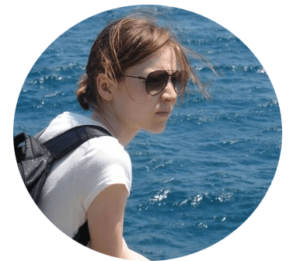 Anna Udyarova, volunteer for Children of St. Petersburg:
Anna Udyarova, volunteer for Children of St. Petersburg:
I have been working on Children of St. Petersburg projects since late 2016, holding classes with other volunteers at our local library. Before this, I worked on violation of the rights of migrant families as a lawyer, so I’m familiar with this topic from the standpoint of human rights. Right now, I’m also training to become a teacher, so I can use these new skills in my volunteer activities, among other activities.
When quarantine first started, when classes were cancelled at the library, we didn’t hold any classes because we didn’t know what distance learning format would work for our children and what technical capabilities they had. We gradually came to understand that WhatsApp would be most convenient for the children. My colleague Tatyana Vitalyevna proposed holding classes using this system and came up with different variations of tasks for this format.
We initially held classes several times a week, but we’ve now moved to daily classes lasting one-and-a-half to two hours with no days off. We have two groups, one for older children and one for younger children, just like with in-person classes. But the older students rarely respond, so we only hold regular classes with younger children. They record their responses as voice messages, but sometimes they type when we ask them to write a word. They also send photos of their drawings and written assignments. We’re continuing with the topics we covered before, reading short texts, and working on puzzles and rebuses (children really enjoy these). Our children love this format and often ask to “study a little bit more,” even if class is over. Then they start communicating with each other.
There are naturally complications, both in terms of technology (files from past lessons can be lost among messages), and in terms of getting the children to work together. In many cases, they think they don’t have to answer a question if someone else has already answered and they see this response. Also, it’s hard to use the game format we use in class (flashcards, word bingo, “memory,” and so forth). Also, there are children who can’t connect with us through this format for various reasons (for example, only their parents have phones and they are always at work, it’s hard to absorb information in this format). So we hope to be able to return to in-person classes in the summer.
 Artem Sleta, Project coordinator at Children of St. Petersburg
Artem Sleta, Project coordinator at Children of St. Petersburg
We have been working on migrant assistance for eight years now and can see that the public does not always approve of our work. Various manifestations of xenophobia and racism are unfortunately all too prevalent in our society. That’s why we believe that one of our main tasks is outreach work. The Festival of Migration and Contemporary Culture that we held early last year was just the start of a large-scale project conceived to create a new culture of ethnic relations. We have received support from colleagues at partner organizations and attracted a diverse audience. Every day of the festival ended with energetic discussions, so we intend to develop this project. The Dõst Festival will be an annual event, and the next festival will be devoted to the linguistic diversity of our country. We’re already working on a range of educational projects. The next one will take place this summer and will be dedicated to migration and urban studies. We also plan to release podcasts and work on joint projects with some media outlets.
Quarantine has forced the entire world to move to distance learning, and it has become clear that more work must be done in the area of online education. Over the summer, we hope to prepare interactive audio and video materials for the new academic year because the videoconferencing format does not work for children. Our response to quarantine will be our own educational platform where we can upload our preliminary work and invite our colleagues from all over Russia to cooperate.
Children of St. Petersburg very much need your support right now. You can make donations for food packages or sign up for monthly contributions at detipeterburga.ru.









 Feedback
Feedback 